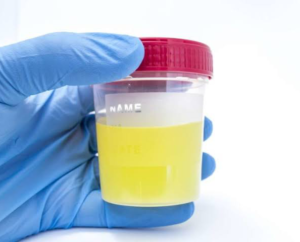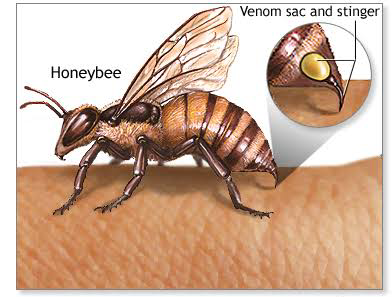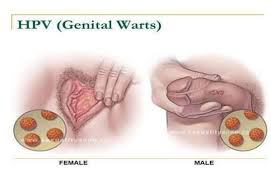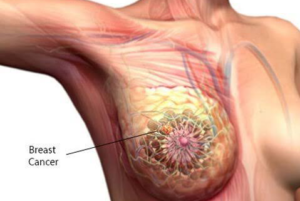
Depression is a mood disorder characterized by persistent sadness, anger, loss of interest in life, low morale, long-term lowering of enjoyment of life or inability to visualize a happy future. Feeling sad or angry to life challenges or loss of life is normal, but intense sadness, feeling hopeless and helpless for many days and weeks may mean clinical depression.
Depression affects one’s daily active, concentration and leads to reduced productivity. It also worsens the following health conditions;
- Arthritis
- Asthma
- Obesity
- Cardiovascular disease
- Diabetes
- Cancer
Symptoms Of Depression
Symptoms of depression ranges from feeling sadness, hopeless and helpless to other physical symptoms too. They symptoms includes;
- Feelings of sadness, tearfulness, emptiness or hopelessness
- Sleep disturbances, including insomnia or sleeping too much
- Loss of interest or pleasure in most or all normal activities, such as sex, hobbies or sports
- Angry outbursts, irritability or frustration, even over small matters
- Tiredness and lack of energy, so even small tasks take extra effort
- Reduced appetite and weight loss or increased cravings for food and weight gain
- Slowed thinking, speaking or body movements
- Feelings of worthlessness or guilt, fixating on past failures or self-blame
- Trouble thinking, concentrating, making decisions and remembering things
- Frequent or recurrent thoughts of death, suicidal thoughts, suicide attempts or suicide
- Unexplained physical problems, such as back pain or headaches
Symptoms In Children
The symptoms of depression in children may take a different form which includes;
- Sadness
- Irritability
- Clinginess
- worry
- Aches and pains
- Refusing to go to school
- Being underweight.
Symptoms Of Depression In Teens
- Withdrawal from friends and family
- Decline in their performance at school Use of alcohol or drugs
- Sadness
- Irritability
- Feeling negative and worthless
- Anger
- Feeling misunderstood and extremely sensitive
- Eating or sleeping too much
- Self-harm ( unnecessary aggression)
Symptoms Of Depression In Older Adults
Depression is not a normal part of growing older, and it should never be taken lightly. Unfortunately, depression often goes undiagnosed and untreated in older adults, and they may feel reluctant to seek help. Symptoms of depression may be different or less obvious in older adults, such as;
- Memory difficulties or personality changes
- Often wanting to stay at home, rather than going out to socialize or doing new things
- Physical aches or pain
- Suicidal thinking or feelings, especially in older men
Causes
The exact cause of depression is not known. Often times, depression may be triggered due to some Life-changing events, such as
- Bereavement
- Rape for women
- Heart breaks
- Losing your job
- Giving birth, can bring it on.
People with a family history of depression are more likely to experience it themselves. But you can also become depressed for no obvious reason
Treatment
Depression is treatable, and managing symptoms usually involves three components, which includes;
Support: This can range from discussing practical solutions and possible causes to educating family members.
Psychotherapy: Also known as talking therapy, some options include one-to-one counseling and cognitive behavioral therapy (CBT).
Drug treatment: A doctor may prescribe antidepressants.
Prevention
Depression isn’t generally considered to be preventable. It’s hard to recognize what causes it, which means preventing it is more difficult.
But once you’ve experienced a depressive episode, you may be better prepared to prevent a future episode by learning which lifestyle changes and treatments are helpful, they includes;
- Regular exercise
- Managing stress
- Getting enough sleep
- Building good and strong relationship with others
- Maintaining treatments







Leave a Reply